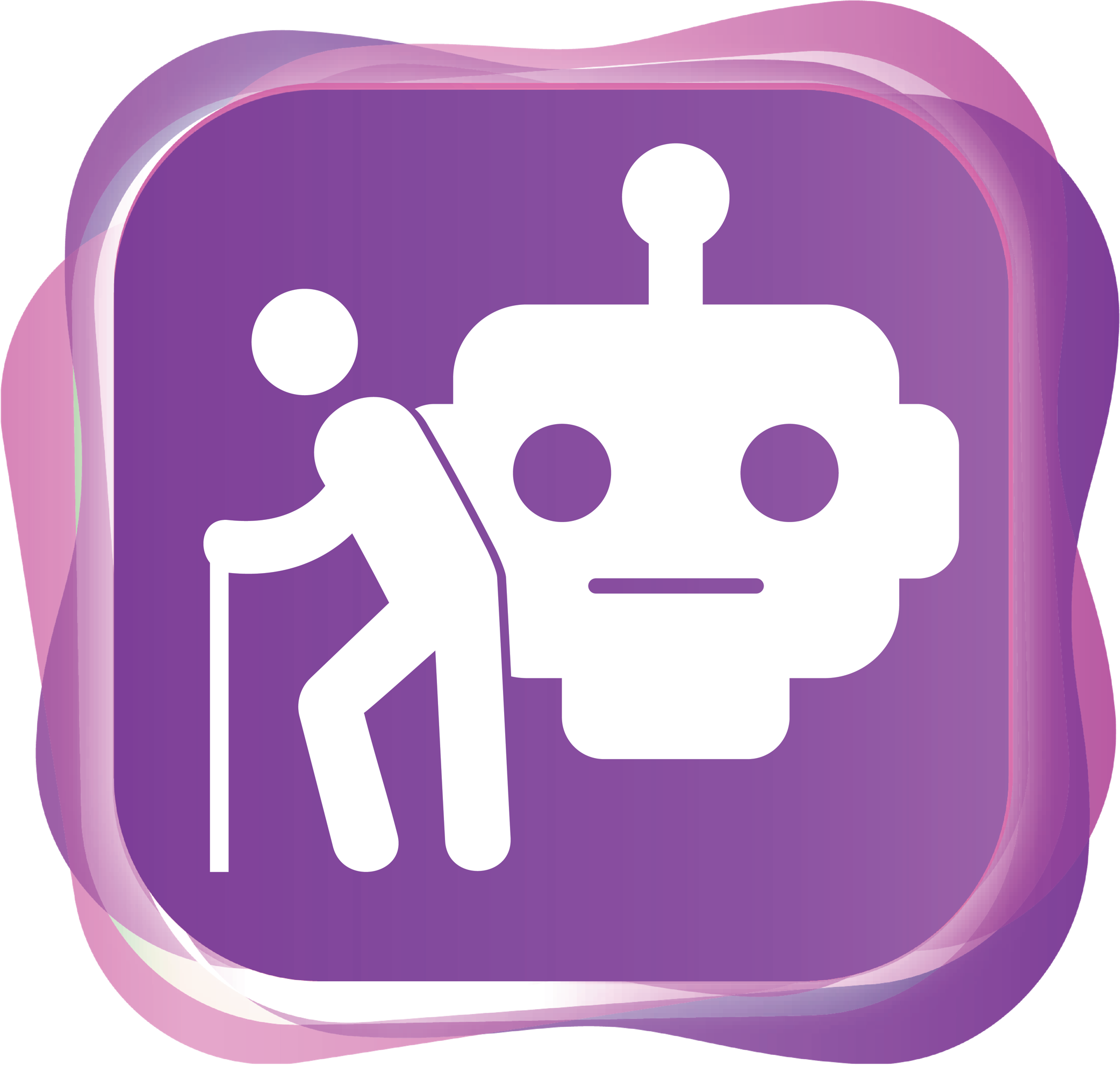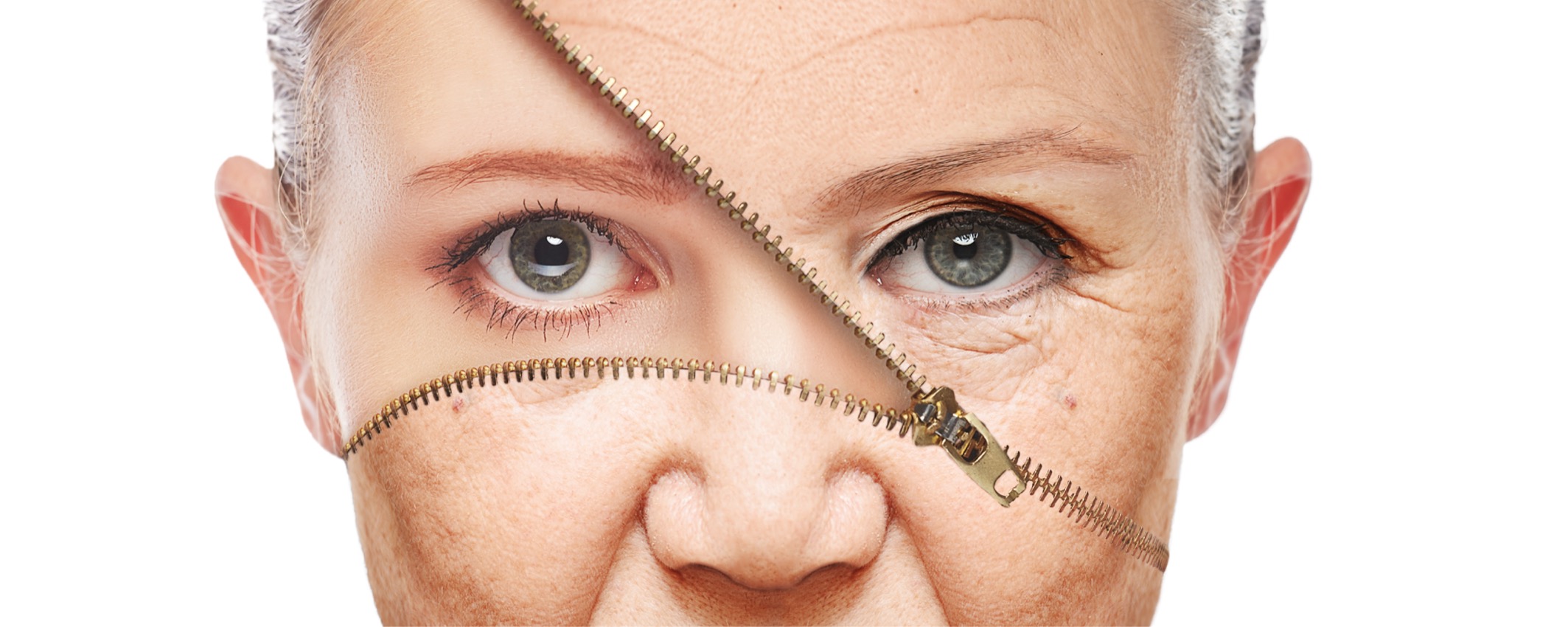 |
CCAI9007 Artificial Intelligence
|
Course Description
Have you ever wondered if it’s possible to live beyond 120 years—not just to survive, but to truly thrive? What if the secret to a longer, healthier life lies at the intersection of artificial intelligence and human biology?
Join us for an enlightening journey into the science and future of aging! In this dynamic, hands-on course titled “Hacking Aging: Partnership of Human and Artificial Intelligence,” we will explore fundamental questions about life itself: What does it mean to be alive? Why do we age? How can cutting-edge AI help us extend both our health and lifespan?
We will explore aging from various perspectives—biological, psychological, and societal—while uncovering the latest advancements in AI-powered healthcare. You will have the chance to work with cutting-edge AI health devices, analyse real data, and get hands-on experience with neural networks. Additionally, you will visit research labs and participate in debates about the ethical dilemmas associated with these powerful new technologies.
By the end of the course, you will not only enhance your critical thinking and problem-solving skills but also be prepared to help shape the future of health, technology, and longevity.
Join us and discover how you and AI can play a role in the future of living longer and healthier lives!

Course Learning Outcomes
On completing the course, students will be able to:
- Articulate the concept of Artificial Intelligence (AI) and explain how it could potentially extend human lifespan and healthspan.
- Understand and value the connections between biological, psychological, and physical elements that influence aging, and implement a healthy lifestyle.
- Utilise AI applications and implement basic computer algorithms to promote a healthy lifestyle, while also considering the limitations of existing AI technology.
- Scrutinize the social and ethical consequences of AI-enabled lifespan elongation to cultivate critical thinking and ethical judgment abilities.
Offer Semester and Day of Teaching
Second semester (Wed)
Study Load
| Activities | Number of hours |
| Lectures | 24 |
| Tutorials | 6 |
| Workshop / Seminars | 6 |
| Reading / Self-study | 40 |
| Assessment: Essay / Report writing | 10 |
| Assessment: Group project (incl preparation, report writing and presentation) | 30 |
| Assessment: In-class quizzes | 2 |
| Assessment: Discussion, debate, presentation (incl preparation) |
4 |
| Total: | 122 |
Assessment: 100% coursework
| Assessment Tasks | Weighting |
| Tutorial participation | 30 |
| Quizzes | 20 |
| Worksheet | 10 |
| Group project and presentation | 30 |
| Written assignment | 10 |
Required Reading
- Alowais, S. A., Alghamdi, S. S., Alsuhebany, N., et al. (2023). Revolutionizing healthcare: the role of artificial intelligence in clinical practice. BMC Med Educ, 23, 689. From https://doi.org/10.1186/s12909-023-04698-z
- DW Documentary. (2021, May 28). More life – Decoding the secret of aging I DW Documentary. From https://www.youtube.com/watch?v=y-5VLHcTDSQ [Video]
- Federico, C. A, & Trotsyuk, A. A. (2024). Biomedical Data Science, Artificial Intelligence, and Ethics: Navigating Challenges in the Face of Explosive Growth. Annual review of biomedical data science, 7(1), 1-14. From https://doi.org/10.1146/annurev-biodatasci-102623-104553
- Gómez-Márquez, J. (2021). What is life?. Molecular biology reports, 48(8), 6223–6230. From https://doi.org/10.1007/s11033-021-06594-5
- Hayflick, L. (1998). How and why we age. Experimental gerontology, 33(7-8), 639–653. From https://doi.org/10.1016/s0531-5565(98)00023-0
- IBM. (n.d.). What is Artificial Intelligence? From https://www.ibm.com/topics/artificial-intelligence
- Marino, N., Putignano, G., Cappilli, S., Chersoni, E., Santuccione, A., Calabrese, G., Bischof, E., Vanhaelen, Q., Zhavoronkov, A., Scarano, B., Mazzotta, A. D., & Santus, E. (2023). Towards AI-driven longevity research: An overview. Frontiers in aging, 4, 1057204. From https://doi.org/10.3389/fragi.2023.1057204
- Miyazawa, T. (2023). Healthy Longevity and the Nutrition with AI Computing Technologies. Annals of nutrition and metabolism, 79, 29.
- Moskalev, A., Stambler, I., & Zhavoronkov, A. (Eds.). (2023). Artificial Intelligence for Healthy Longevity. Cham: Springer.
- Song, C. F., Tay, P. K. C., Gwee, X., et. al. (2023). Happy people live longer because they are healthy people. BMC Geriatr, 23, 440. From https://doi.org/10.1186/s12877-023-04030-w
Course Co-ordinator and Teacher(s)
| Course Co-ordinator | Contact |
| Dr B.B.H. Yuen School of Biomedical Sciences, LKS Faculty of Medicine |
Tel: 3917 9500 Email: yuenbbh@hku.hk |
| Teacher(s) | Contact |
| Dr B.B.H. Yuen School of Biomedical Sciences, LKS Faculty of Medicine |
Tel: 3917 9500 Email: yuenbbh@hku.hk |
| Professor D. Chan School of Biomedical Sciences, LKS Faculty of Medicine |
Tel: 3917 9482 Email: chand@hku.hk |
| Professor J.W.K. Ho School of Biomedical Sciences, LKS Faculty of Medicine |
Tel: 3917 9512 Email: jwkho@hku.hk |
| Dr O.M.Y. Ngan Medical Ethics and Humanities Unit, LKS Faculty of Medicine |
Tel: 3910 2771 Email: olivian1@hku.hk |

